Could you imagine a behavioural analysis and management system for farm animals that was assisted by artificial intelligence?
We are happy to share with you that this is possible! The ATLAS 2021 Open Call winner VetVise GmbH has developed a system to track pig and poultry behaviour “live” through an edge-computing system in barns. With the support of conventional surveillance cameras, the farmer can get a better overview of animal behaviour and prevent future problems. If this is combined with more data from the value chain, farmers will be able to achieve greater farm efficiency and ensure animal welfare through data-driven insights.
Want to know more? Don´t miss this interview by Ms Intza Balenciaga, project manager at AZO, who recently spoke with Mr Sven Götz, livestock expert and product manager at VetVise GmbH. This ATLAS 2021 Open Call winner will demonstrate how their company´s innovative solution – VetVise – will contribute to the ATLAS Interoperability Network by providing first-class data-driven services to tackle agricultural challenges related to livestock management.
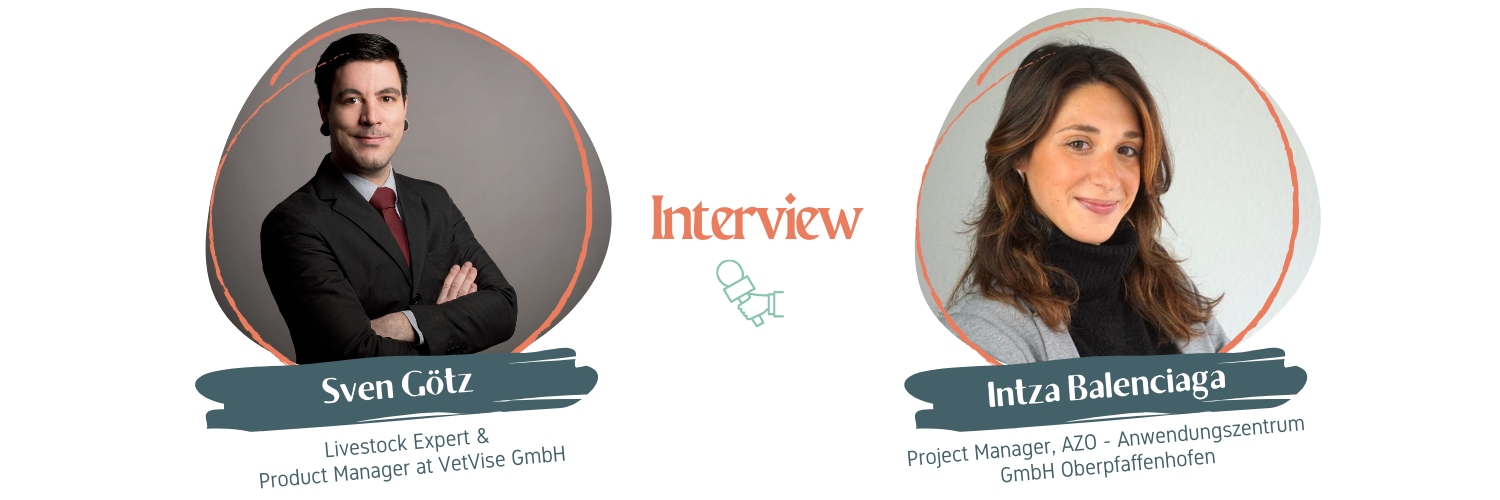
- Please give us a sneak peek of your solution: Why is it relevant in agriculture, and how did the idea(s) behind it emerge?
Mr Sven Götz: The VetVise analysis system is an AI-driven system that analyses videos from standard surveillance cameras to monitor the behaviour and well-being of pigs and chickens. The software identifies unspecific individual animals and analyses the activity, distribution, and number of animals per pen or camera view in real time. Sensor systems like this need service and are often not calibrated or not placed where the animals live. Therefore, they often do not indicate problems in pens or the health of the animals. We use the animal as a “sensor” for the environment by looking at their behaviour and their distribution in barns. This means we can detect illnesses or unfavourable temperatures at an early stage and communicate this to the farmer. Our system can also detect stress or problems caused by barn technology like defective drinking, feeding, or lighting systems.
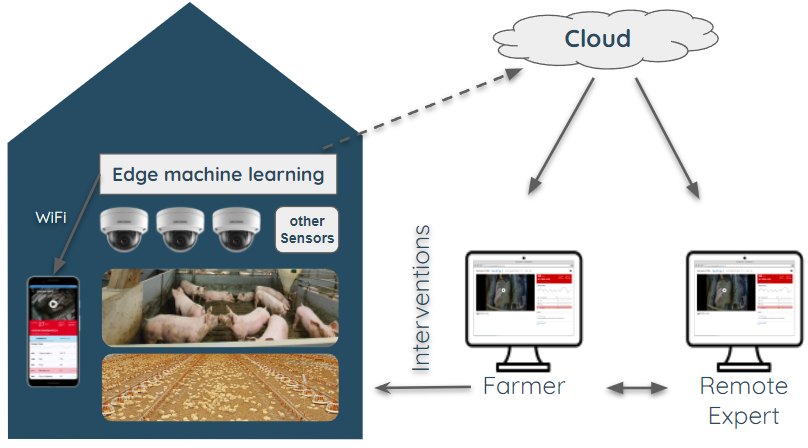
Our solution has an active economic impact on both farmers and the supply chain for different reasons. For the first time, farmers can get real-time information about the health and productivity of their animals, along with predictions that enable them to prevent any deviations from the norm. This allows for predictable income, as major fluctuations due to illness or technical problems can be prevented and the use of antibiotics can be reduced. With the information collected in tracking animals, we are also presenting a new way to bring them to market with objective animal welfare data (e.g., for ITW or QS).
In terms of the supply chain, all the data can move with the animals (e.g., based on an ear tag or pen number) along the production chain to the slaughterhouse. This helps with logistical and quality control, allows for better traceability, and enables the early detection and prevention of animal disease outbreaks. Finally, VetVise also has a social impact by offering farmers the peace of mind that comes with knowing everything is under control even if they are on vacation or not at their barns. Farmers who use our system told us that being able to monitor their barns via our system made their vacation relaxing.
- What has been your company’s and/or solution’s biggest challenge thus far?
Mr Sven Götz: We had several tasks to handle at the beginning. On the one hand, these were technical problems that our solution presented; on the other, we had to learn that animal behaviour is not always clear. There have also been ups and downs; we’ve made a lot of progress, but also had some setbacks. We managed to solve both the technical and behavioural problems and learned a lot along the way. Today, we have a working solution that works effectively in barns and offers added value to the farmer.
- What opportunities will ATLAS offer your solution and/or company? How will this interoperability network help you develop and nurture your business case?
Mr Sven Götz: We believe that the ATLAS Network will help us reach more people who want to make their animal husbandry smarter. By linking data along value chains, we want to help farmers get the most out of their existing resources. Collaborating with the other participants allows us to explore new ways of aggregating data and helps solve problems – and of course, it’s fun!
- What was/were the main reason(s) why you decided to participate in the ATLAS Open Call 2021?
Mr Sven Götz: We had heard about the ATLAS project in the past its goal of creating a network of different solutions through one interface. We saw this as an opportunity to combine our innovative solution with other smart solutions and to expand and improve our product. Also, the high profile of the project and the chance to promote our solution was a motivator to participate in the Open Call.
- Finally, let’s take a quick look into the crystal ball: What’s going to happen with your company and/or solution in the future?
Mr Sven Götz: Our main goal is to continue to grow and draw more attention to the VetVise analysis system. We just got a couple of large-scale POCs and have been able to increase our operations tenfold twice in the last 18 months. Given our roadmap, we think we could roll out our technology to a large share (>10%) of all the pig and poultry farms in Germany.
Meanwhile, developing new applications and taking on new tasks will also take up a large part of our time. In the long term, we want to help as many farmers as possible to improve their barn management and increase animal welfare. The integration of further sensors is another major objective we want to reach in the long term. Feed, medicine, parent animals, slaughter, and trade are also themes we are interested in.
Did you enjoy this interview? Anyone interested in this innovative solution can obtain key insights at the ATLAS Demo Day 2022 on 23 November (save the date!) or get in touch with these innovators via email at sven.goetz@vetvise.com. Meanwhile, stay tuned for more upcoming interviews with the ATLAS 2021 Open Call winners via the ATLAS mailing list or AZO’s blog!
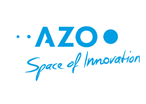

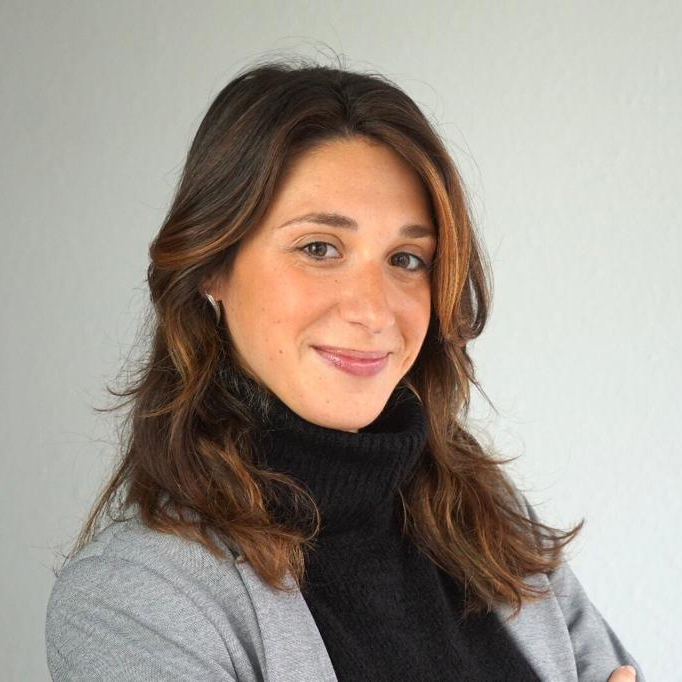
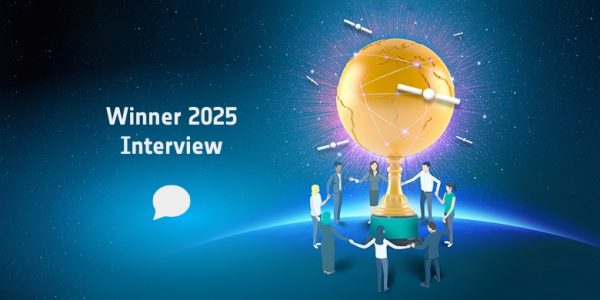
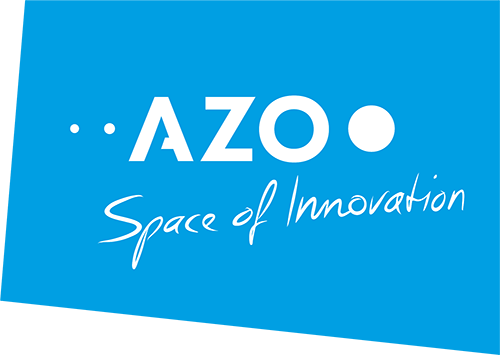
Comments are closed.